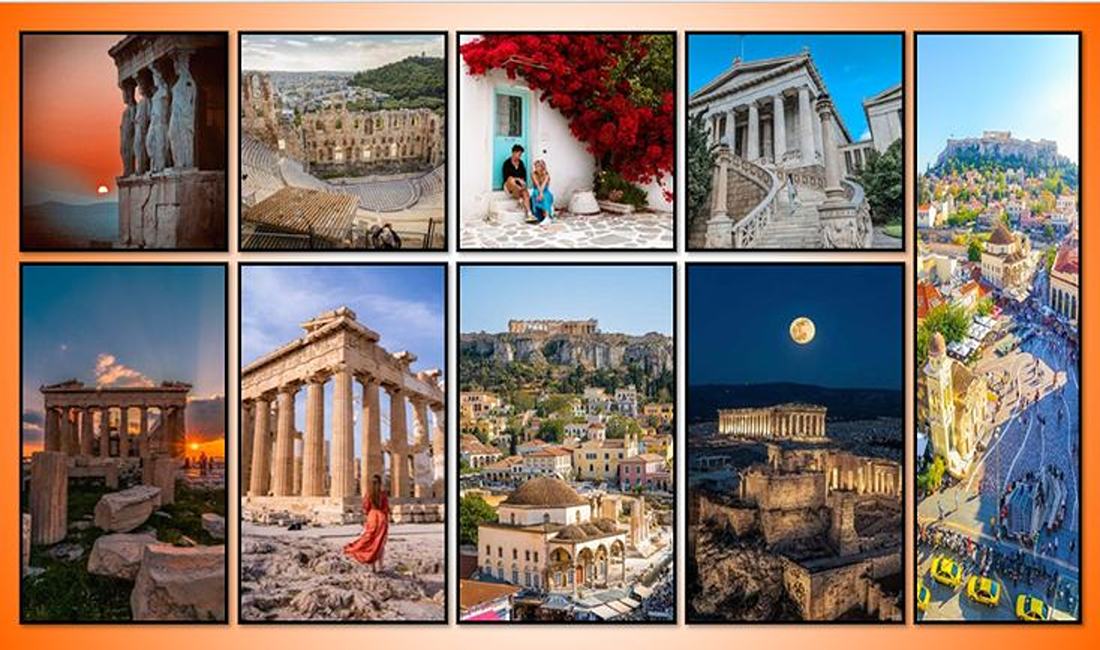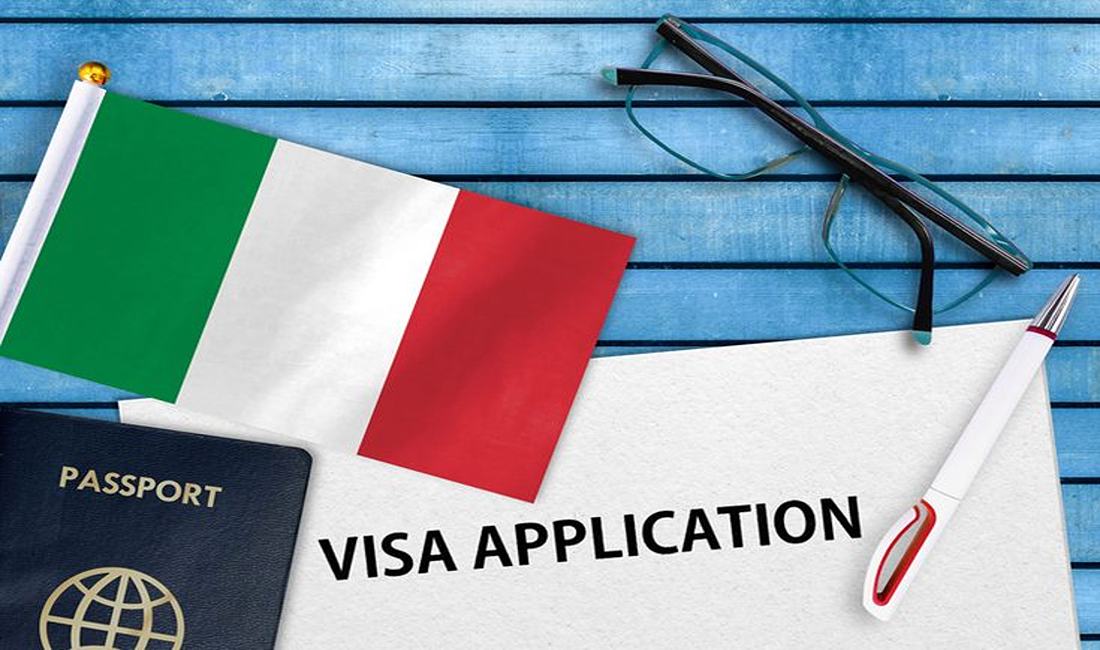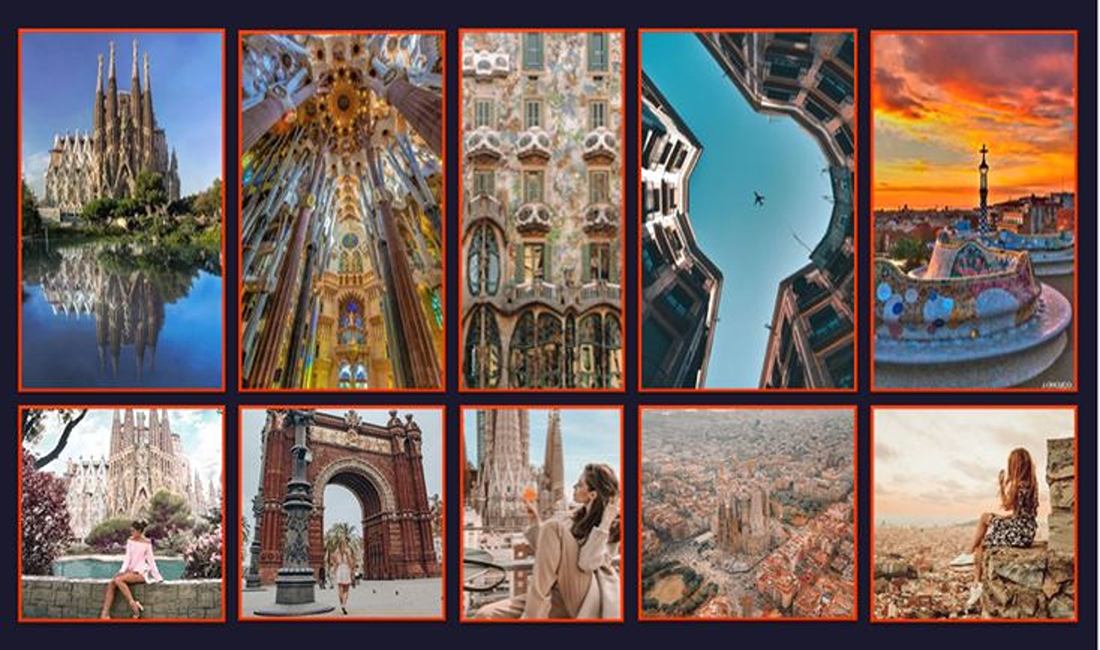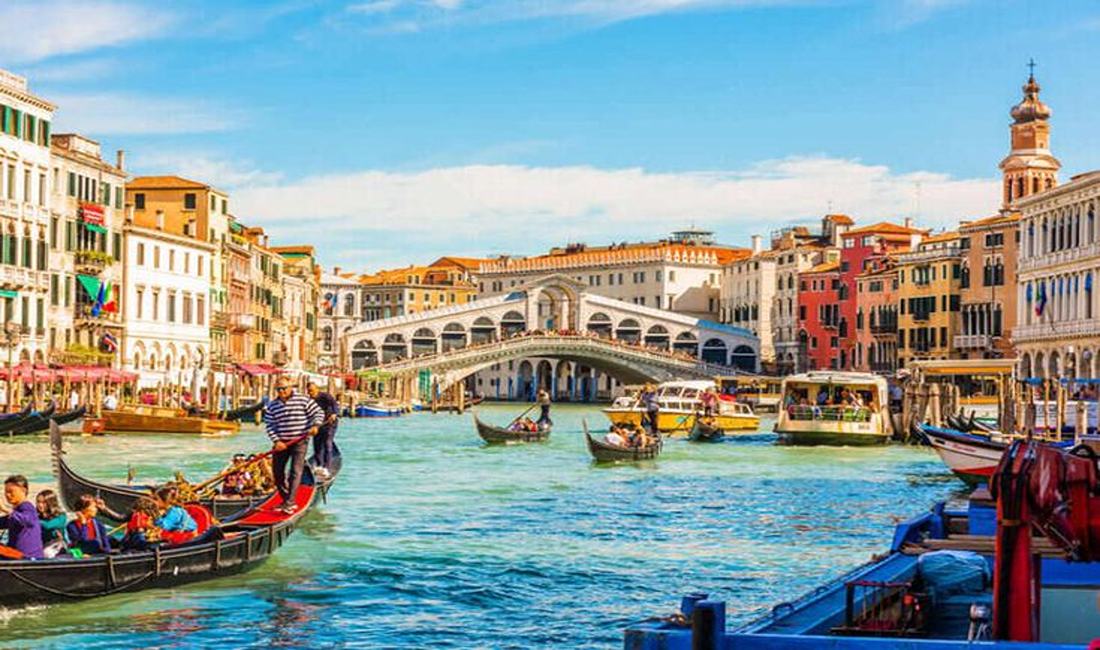Italy visa – italy visit visa – italy hiddentrailstravel
UncategorizedItaly visa is one of the most visited countries in the world and is known for its rich history, culture, cuisine, and landscapes. Whether you plan to visit Italy for leisure, business, or to spend time with family or friends, you will most certainly need a visa to gain entry into the country. Knowing the various types of visas, the application procedure, and the requirements may make your travel plans easier and less stressful.
This comprehensive guide will outline all the relevant information on Italy visas, from the application process to types of visas, the list of required documents, processing time, and other useful tips that will make the application a success.
Table of Contents
ToggleItaly Visa
Before traveling to Italy, most foreign nationals need a Italy visa, student visa, visit visa, italy booking, italy study, visa guide unless they come from a country that enjoys visa-free entry. A visa is an official document issued by the Italian government that allows foreign nationals to enter, stay, and sometimes work or study in Italy for a specified period.
Italy is part of the Schengen Area, so it has one common visa policy with other countries in the European Union and the European Economic Area. A Schengen visa in Italy allows Italy visa you to go not only to Italy but also to other countries inside the Schengen Zone. This visa is apt for those who will spend their trip visiting several countries in Europe.
Apply for the Italy visa well in advance. You should apply at least 3 weeks before your travel date, but not more than six months before your trip. Cross-check all the information on your application form. Inaccurate details may lead to delays or rejection. Ensure that you have all the necessary documents. Missing documents can result in your application being delayed or rejected. Ensure you apply for the right Italy visa as per the purpose of travel. Applying for the wrong type of visa often creates more complexities than intended.
Types of Italy Visas
There are several types of Italy visa, and the one you need will depend on the purpose of your visit. Let’s see the main types of Italy visa:
Schengen Visa (Short Stay Visa)
A Schengen visa is a short-stay visa that allows you to stay in Italy (and other Schengen Area countries) for up to 90 days within 180 days. It’s perfect for tourism, business meetings, visiting family or friends, and attending conferences.
You can apply for a Schengen visa if your primary destination is Italy. If you intend to visit several countries, your first entry country or where you are going to spend the most time should be your primary destination for the application for the visa.
National Visa (Long Stay Visa)
Those travelers who want to spend more than 90 days in Italy. There are further several categories under the national visa, like:
Student Visa: For those who would like to study at some accredited institution in Italy
Work Visa: For that individual who has already gotten a job in Italy or would like to work in Italy.
Family Visa: For family members of Italian citizens or legal residents who wish to join them in Italy.
Self-Employed Visa: For entrepreneurs or individuals planning to work as freelancers in Italy.
Transit Visa
In case you’re traveling to another country but will be transiting through Italy on the way, you could be in need of a transit visa. This visa allows for staying in Italy for up to 24 to 72 hours while waiting to connect to your next destination or train.
Tourist Visa
A tourist visa is another very popular type of Italy visa. Its purpose is for people traveling to Italy for leisure or as a tourist, who like to watch the cultures, enjoy and relax in Italy. Typically, the visa is for up to 90 days.
Business Visa
You require a business visa if you go to Italy visa for business, say to attend meetings, hold conferences, or negotiate. You get to stay in Italy for a short period on a visa to conduct your business activities.
Cultural, Sports, or Religious Visa
If you are participating in a cultural event, sports event, or religious event, then you require a special visa for that type of event. You are required to produce documents attesting to the nature of the event and your participation therein.
Visa Requirement for Italy
The specific documents needed for obtaining an Italy visa vary according to the nature of the visa you require. However, some commonalities can be seen in all forms of visas:
Filled Visa Application Form
You need to download and submit a form of visa application, found on the official website of the Italian consulate or embassy of your country. Filled out correctly and signed properly, the form is usually submitted.
Passport
Your passport should be valid for at least three months Italy visa beyond the date you intend to leave Italy. It should have at least two blank pages for visa stamps.
Photographs
You will need two recent passport-sized photographs. These should meet the visa photo specifications outlined by the Italian embassy or consulate.
Travel Itinerary
A detailed travel itinerary that indicates your intended entry and exit dates, flight reservations, and accommodation details (hotel bookings, rented apartments, etc.) is required. You will also need to provide information on your travel plans in Italy.
Travel Insurance
You must have travel insurance that covers medical emergencies, accidents, and repatriation during your stay in Italy and the Schengen Area. This insurance must be at least €30,000 and cover the entire duration of your stay.
Proof of Sufficient Funds
You are also required to prove that you have sufficient funds to sustain yourself during your stay in Italy. This can be bank statements, sponsorship letters, or proof of income. This depends on the number of days you will stay there.

Fee for Visa
There is a fee for the Italy visa that has to be paid when submitting your application. The fee is different depending on the type of visa you are applying for and your nationality. The fee is usually between €60 and €100.
Specific Additional Documents
Depending on the type of Italy visa, you may need to submit additional documents:
For student visas: Proof of enrollment in an accredited Italian institution and evidence of financial support.
For work visas: A letter from your employer, employment contract, and proof of the job position.
For family visas: Proof of family relationship with an Italian citizen or legal resident.
For business visas: An invitation letter from the Italian company or organization you will be working with.
How to Apply for an Italy Visa
Check the Italy visa Requirements First, check which type of visa types, Italy visit visa, Visa requirements, italy visa fee, study italy you would need depending on your reason for visiting. You can check the requirements on the official website of the Italian embassy or consulate in your country.
Fill out the Application Form Fill out the visa application form online or download it from the website of the embassy. All the information filled out should be accurate and complete.
Gather Required Documents Collect all Italy visa the necessary documents based on your visa type. Make sure you have everything ready before your appointment.
Schedule an Appointment Most Italian consulates require you to schedule an appointment online to submit your application. Be sure to book early to secure a spot.
Submit the Application On your appointment date, submit your duly filled application form, attachments, and visa fee to the consulate. The consulate can ask for further information or an interview.
Wait for Processing The processing of an Italy visa takes at least 15 calendar days, although this may change based on your nationality or the time of year. Therefore, it is advisable to make an application early enough.
Get Your Italy visa Once your visa application is approved, you will receive a notification and your passport will be ready for collection with the visa affixed to it.
Visa Processing Time
The visa processing time for an Italy visa is generally around 15 calendar days from the date of submission. However, it can take longer during peak travel seasons, such as the summer months or holidays. It’s recommended to apply at least 3 weeks before your intended travel date to allow for any unexpected delays.
Visa Application Centers
In some countries, Italy uses visa application centers (VACs) for processing visa applications. These centers are authorized by the consulate to collect applications and documents. VACs do not make decisions about visas, but they ensure that your application is properly submitted and forwarded to the embassy.

Conclusion
Apply completely truthfully. A fraud attempt during the process to the consul can mean getting a denied visa, but worse a ban on visa applications over time.
An Italy visa is a pre-requisite to planning your trip to one of the world’s most beautiful and culturally rich countries. Be it for leisure, business, or family purposes, the knowledge of the application process, the documents that you would need, and the different types of Italy visas will guide you throughout the process.
By following the guidelines provided in this article and being prepared, you will have an enjoyable visa application experience and you can start making preparations for your dream trip to Italy with confidence! Safe travels and enjoy all the wonders that Italy has to offer.

